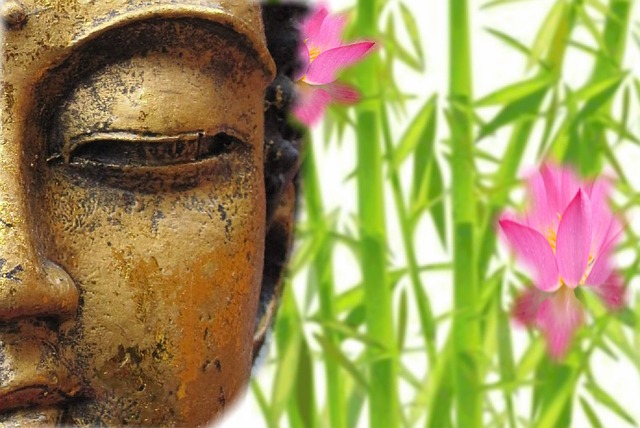 In a fast-paced corporate world, many people are seeking a way to get away from all the stress and relax. Maybe you have this wish, too. Meditation (a method to obtain a level of deep relaxation) is one way to find inner peace and tranquility. This is why we might add meditation practice to our corporate yoga classes at St. Louis Corporate Yoga – depending on the wishes of the company we work with.
In a fast-paced corporate world, many people are seeking a way to get away from all the stress and relax. Maybe you have this wish, too. Meditation (a method to obtain a level of deep relaxation) is one way to find inner peace and tranquility. This is why we might add meditation practice to our corporate yoga classes at St. Louis Corporate Yoga – depending on the wishes of the company we work with.
You might think of monks sitting in crossed-leg position and reaching states of bliss when you think of mediation, but there are many ways to meditate. There are many ways to reach a meditative state – you might need to try out a few methods to find your favorite pathway. One thing to remember is that there are no right or wrong ways to mediate – this judgmental attitude would defeat the purpose of the whole exercise. Practice and exploration will help you finding ways that feel right for you.
Meditation is associated with many religions, but you don’t need to be associated with any particular religion in order to meditate. You might want to explore different methods to find a form that feels most comfortable for you.
One common method includes repeating a sound or word, called a mantra. Other forms of meditation involve focusing on a visual image, such as the flame of a candle or a symbol. Other meditative techniques involve breathing and physical movements, such as yoga and breathing exercises.
Many mediation techniques help you clear your mind of the constant thoughts that normally run through the mind. In reducing or eliminating these thoughts, one can reach a state of deep mental relaxation that is associated with meditation.
The two primary approaches to meditation are: concentrative meditation and mindfulness meditation. Both forms are useful, and one is no better than the other is. It is your personal preference to choose your favorite or better yet – you can always try both.
In concentrative meditation, the practitioner focuses on breath, an object, or a sound (mantra). In mindfulness meditation, the practitioner sits quietly and “observes” everything in the environment, including thoughts, sounds, smells, and more.
In mindfulness meditation, you practice not reacting to the environment (both internal and external), which can lead to a greater ability to act in a non-reactive way in daily life. Just imagine how many conflict situations could be avoided if we act less reactive and more pro-active in the office or at home.
It is not just mental benefits that result from meditation. Look at these rejuvenating physical benefits: increased heart health through relaxation, lowered cholesterol and blood pressure, and a more youthful feeling. The mental benefits of meditation include: an increased sense of well-being, decreased anxiety and depression, and emotional stability. Those with physical or mental health conditions should consult with a health care professional before beginning a mediation practice. If you feel comfortable you might share your condition with your corporate yoga instructor, too so she can create sequences and breathing exercises to fit your special condition.
There are many resources available on meditation – countless books, trainings, workshops even retreats. If you are new to meditation you may opt to take a class or have an instructor guide you when starting this new habit. Maybe you prefer to read up on the various options and practice on your own? Your local library can be a great resource for books. Or visit our local yoga studio (Clayton Yoga Studio) to take a class and learn the art of meditation.
Meditation is an enjoyable experience and will provide balance to an otherwise hectic life. Why not give it a try?